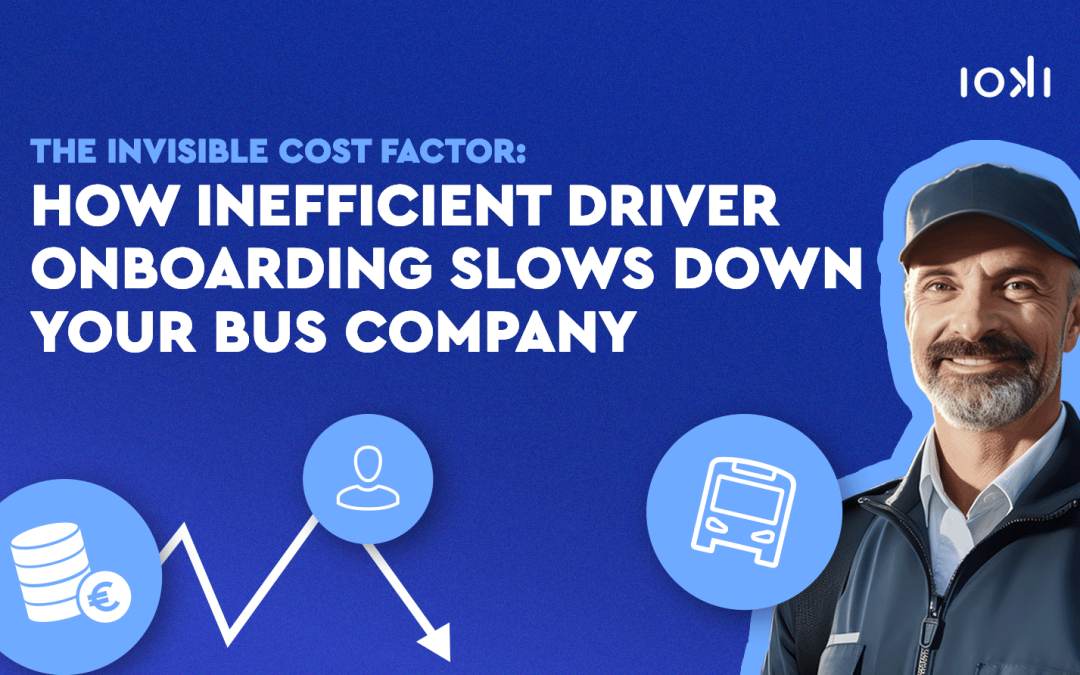In order to minimize the spread of the virus, strict measures have been decided upon in many countries around the world: contact restrictions and work/school from home have become the new normal for many people. Therefore, changing our mobility and consumer behaviour at the same time.
The trade journal “Nature Climate Change“, consisting of an international 13-member team of experts, researched the influence of the current crisis on carbon dioxide emissions up to date. The results are impressive: according to the study, global CO2 emissions were 17 percent lower than the annual average for 2019 due to the strict measures taken by numerous countries to contain the pandemic, with emissions falling by 26 percent in the first week of April in Germany alone. The experts estimate that emissions from road traffic have fallen by as much as 52 percent compared to the annual average for 2019. On 7 April, according to the researchers, a peak day of CO2 reduction – 83 megatons of CO2 were emitted by the burning of fossil fuels and cement production compared to last year – the daily average in 2019 was 100 megatons.
However, the joy in terms of reduced carbon dioxide emissions will not last for long. Because of the easing of the measures since Easter means one thing: the effect is fizzling out again. Easing the restrictions will, therefore, lead to a rise in emission levels. At the end of April, for example, emissions were still 14 percent below normal levels worldwide, and 16 percent below normal levels in Germany.
The researchers, therefore, assume that this development is only temporary and therefore offers no reason for rejoicing: In this context, it would be better not to rashly consider the reductions in CO2 emissions as a success against the climate crisis. However, the study provides important quantitative findings on how such extreme measures affect CO2 emissions. In order to limit global warming to 1.5 degrees Celsius compared to the pre-industrial age, it would be necessary to reduce emissions by about 6 percent each year, starting now and staying consistent.
What remains is the recognition that a change in mobility and consumer behaviour is perfectly feasible and more than necessary in view of climate change. However, such a fundamental restriction as in the past months is not the final target. However, it is our task to create more space for sustainable and new solutions.



